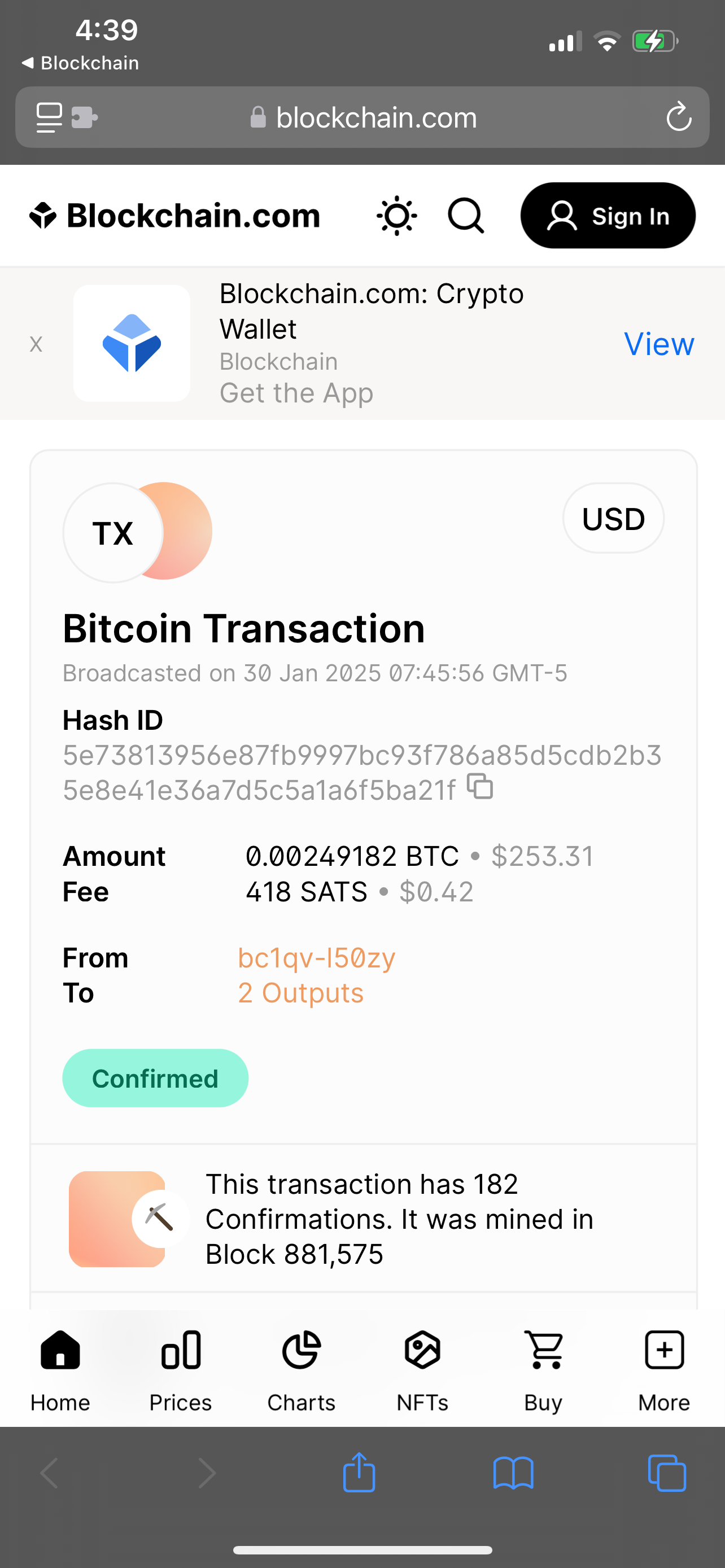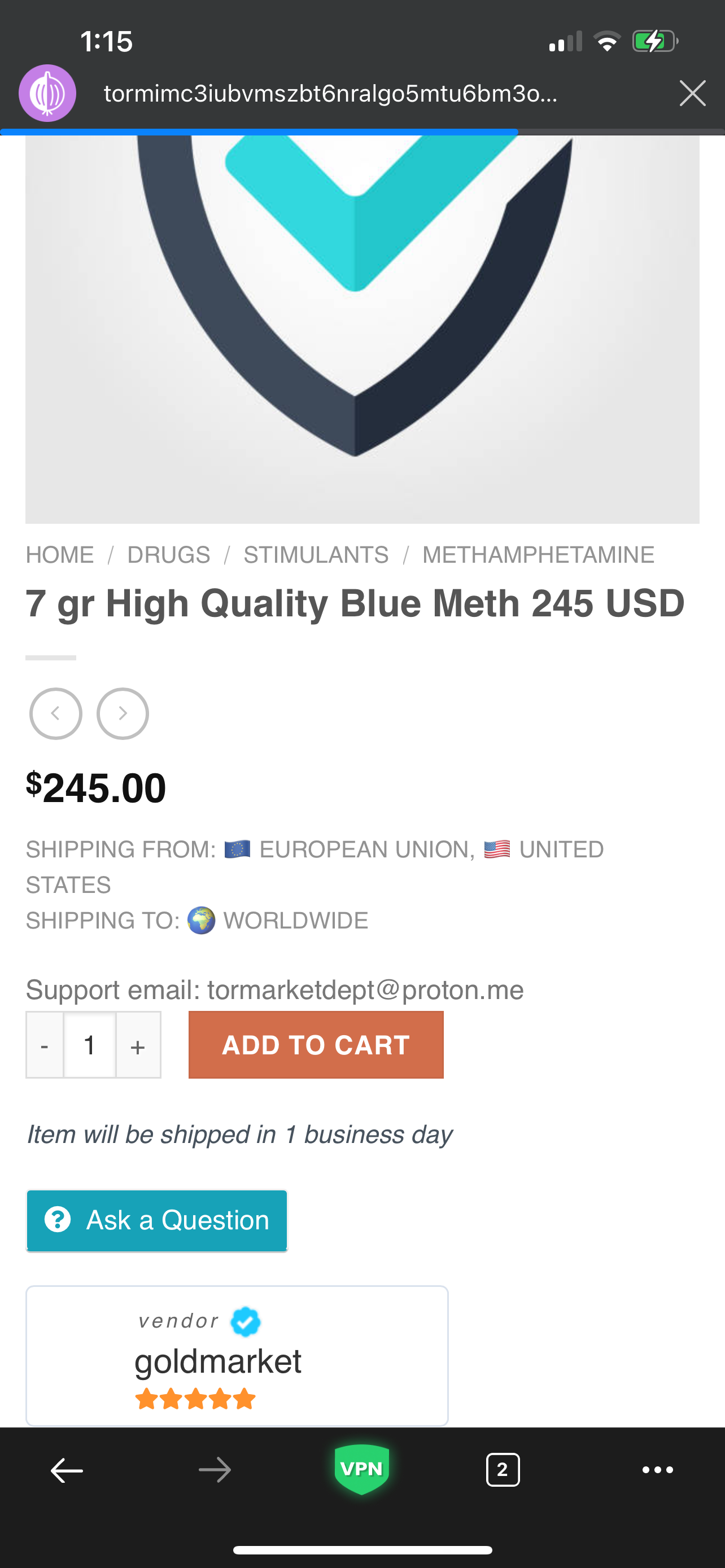Table of Contents
ToggleTor Marketplace – TOR Scam Report (156)
Onion Link : http://torbnsl6wuknjbv6bye7mbfmjwuhzatrp3t4hjft3dvzijcihui7tjyd.onion
Scam Report Date : 2025-02-01
Client Scam Report Breakdown
Original Scam Report :
The client, Fiona, details her experience with an unnamed Tor marketplace that she initially researched and found positive reviews for. Encouraged by its advertised escrow service, she decided to make a purchase. Fiona spent considerable time acquiring Bitcoin and successfully transferred it to the marketplace. However, when she attempted to place her order, the transaction failed, and she was unexpectedly logged out. Multiple attempts to reset her password were unsuccessful, with the system eventually claiming that no email was associated with her account. In an attempt to recover her funds, she created a new account using the same email, hoping the balance would transfer, but it did not. Despite persistent contact attempts—sending approximately 150 emails with various subject lines—the marketplace provided no response. Fiona ultimately realized she had been scammed, losing approximately $350 in the process. She expressed significant frustration and regret, vowing to leave negative reviews as a warning to other potential buyers.
Photos :


2. Terminology and Key Concepts
Understanding the terminology used in Fiona’s report is critical to fully grasp the nature of the scam. Escrow Service refers to a third-party mechanism intended to hold funds until a transaction is successfully completed, providing security for both buyers and sellers. While legitimate marketplaces use escrow to protect users, fraudulent platforms often advertise this feature without actually implementing it. Blockchain Account refers to Fiona’s digital wallet, which she used to store and transfer Bitcoin. This decentralized ledger tracks cryptocurrency transactions, but once funds are transferred, they cannot be reversed without recipient consent. Tor Marketplace is a reference to darknet marketplaces that operate on the Tor network, often used for illicit transactions. These marketplaces lack regulation, making them prime targets for scams. Additionally, Fiona mentioned that she initially trusted the platform due to online reviews, highlighting the prevalence of fake reputation management in illicit markets, where scammers create or manipulate reviews to appear legitimate.
3. Analysis and Recommendations
Fiona’s experience exemplifies a common scam technique in illicit marketplaces—manipulating user trust through false security features and fabricated positive reviews. The marketplace likely employed an exit scam, a scheme where administrators abruptly disable user access and disappear with deposited funds. One red flag in Fiona’s case was the password reset failure, suggesting a deliberate effort to sever her access post-deposit. Furthermore, her expectation that funds would transfer to a newly created account was flawed due to the nature of cryptocurrency transactions, which are irreversible and only accessible via private keys. To avoid such scams, users should conduct extensive independent research beyond surface-level reviews, verify escrow services through community forums, and use small test transactions before committing significant funds. Additionally, victims of similar scams should report fraudulent marketplaces to cybersecurity forums, blockchain analysis platforms, and darknet monitoring organizations to warn others. Ultimately, Fiona’s case highlights the risks associated with unregulated online marketplaces, reinforcing the importance of caution when engaging in cryptocurrency-based transactions.






